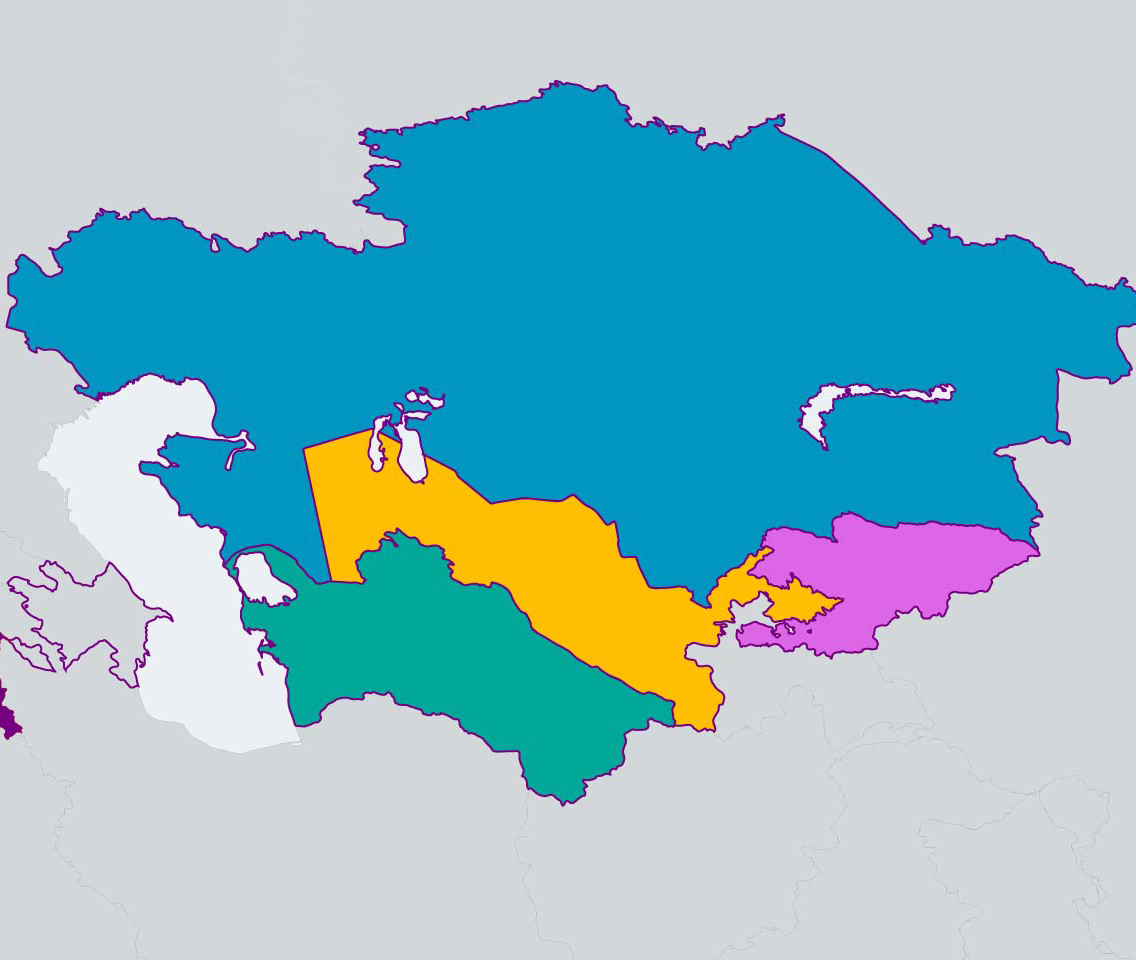Rising challenges for LGBTI organisations in Europe and Central Asia, new report finds

A survey of LGBTI organisations across Europe and Central Asia finds they face significant challenges in the face of growing anti-LGBTI forces, and the ongoing COVID-19 crisis.
A report launched today by Europe’s leading LGBTI organisation, ILGA-Europe indicates that LGBTI activists are struggling to resource their work amid a number of challenging factors.
The report, entitled, “Funding To Meet Changing Realities – LGBTI Organisations on the State of Funding in Europe and Central Asia, Survey 2021”, based on survey responses from 300 LGBTI organisations across Europe and Central Asia finds that:
- About one third of LGBTI organisations operate on yearly budgets under 20,000 Euro, whilst engaging in a wide variety of activities to simultaneously serve their communities and advance laws and policies to protect LGBTI people’s human rights
- Amidst the COVID-19 pandemic, organisations across the region stepped up to fill the gaps by providing services to LGBTI people that should have been provided by public authorities
- Every second LGBTI organisation in the region experiences stress and burnout due to not being able to meet the needs of LGBTI people coming in for help
Overall, 84.9% of organisations say that they have been faced with burnout issues. The most common cause of stress and burnout across was not being able to meet the needs of LGBTI people coming in for help (49.7%), responding to COVID-19 (46.1%) and having to respond to external threats from right wing, anti-LGBTI or “anti-gender” groups or individuals (43.6%).
The report further assesses challenges that LGBTI organisations face and maps the diversity of work done and communities served by organisations. About three-quarters of LGBTI organisations identified a lack of funding for the activities that are most important to their organisation as a barrier to implementing projects. They often do the most important work for them without funding, or without dedicated funding.
The report also indicates that the despite mounting workloads, burnout and growing threats and attacks, LGBTI organisations continue to widen their work, focusing on a variety of highly vulnerable groups within the LGBTI community, such as migrants, young people, and trans and gender and non-conforming people, and are in dire need of additional resources to ensure that they can strengthen these efforts.
Amongst the good news is that LGBTI organisations across the regions have grown the proportion of their own resources to support their work, for instance by getting more donations from companies and private donors.
Launching the report, ILGA-Europe Programmes, Director Björn van Roozendaal said: “Behind the rich data contained in this report there is a powerful story of LGBTI activists who amidst growing opposition, rising oppression and an unfolding pandemic have continued to stand up for their communities, reached out to those who are most affected and continued to undertake new work and build partnerships to meet today’s challenges. But resources continue to be scarce. The stark findings of this report should be a call to action to anyone who can and wants to support or step-up their commitment to support LGBTI organisations.”
Further information:
The report Funding To Meet Changing Realities – LGBTI Organisations on the State of Funding in Europe and Central Asia, Survey 2021 is written by Erin Howe and Somjen Frazer from Strength in Numbers Consulting Group for ILGA-Europe. It is based on a survey to which nearly 300 LGBTI organisations responded, as well as interviews with 21 activists.
For further comment, contact: Ana Muñoz Padrós, ILGA-Europe: ana@ilga-europe.org, +32 493 35 60 55